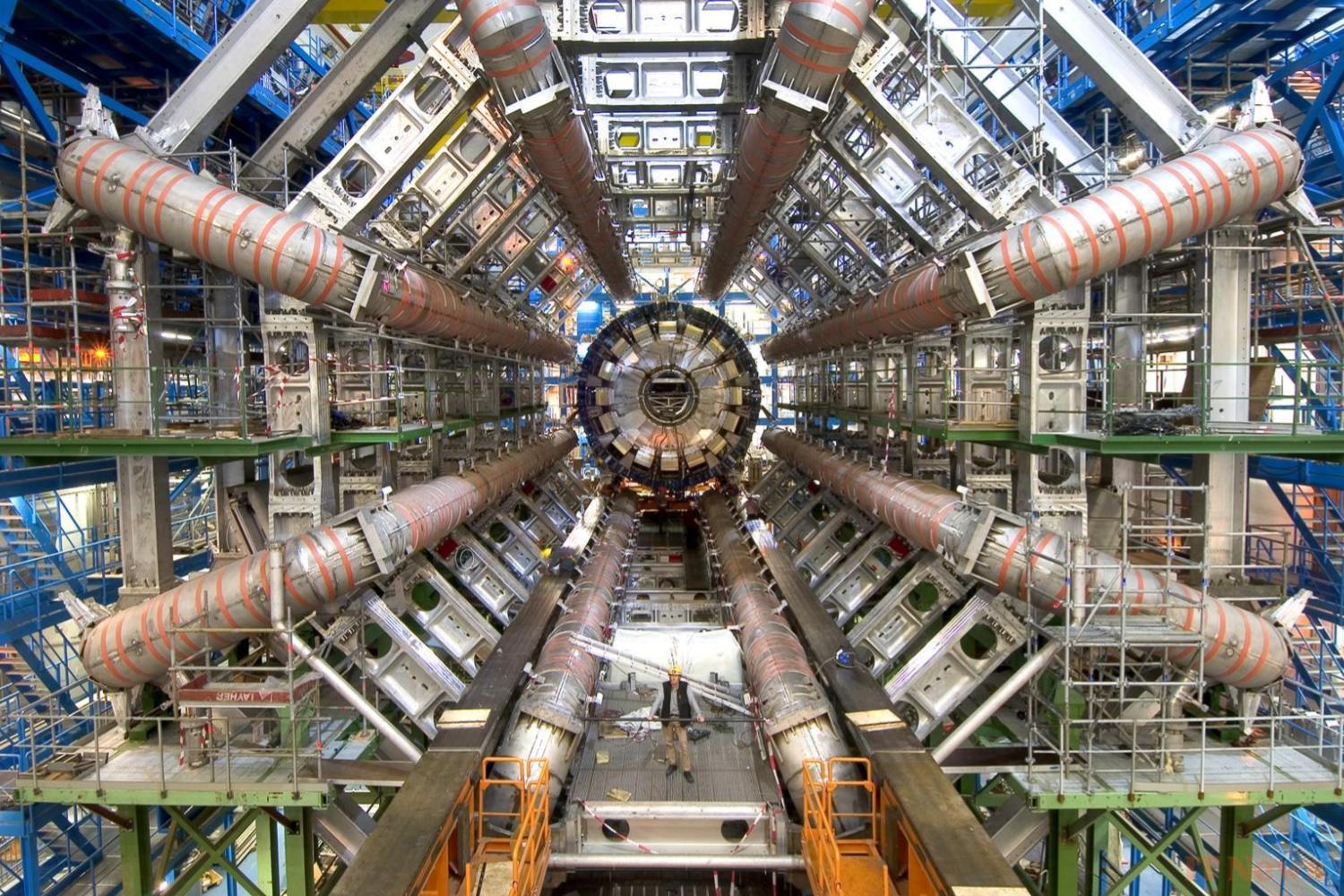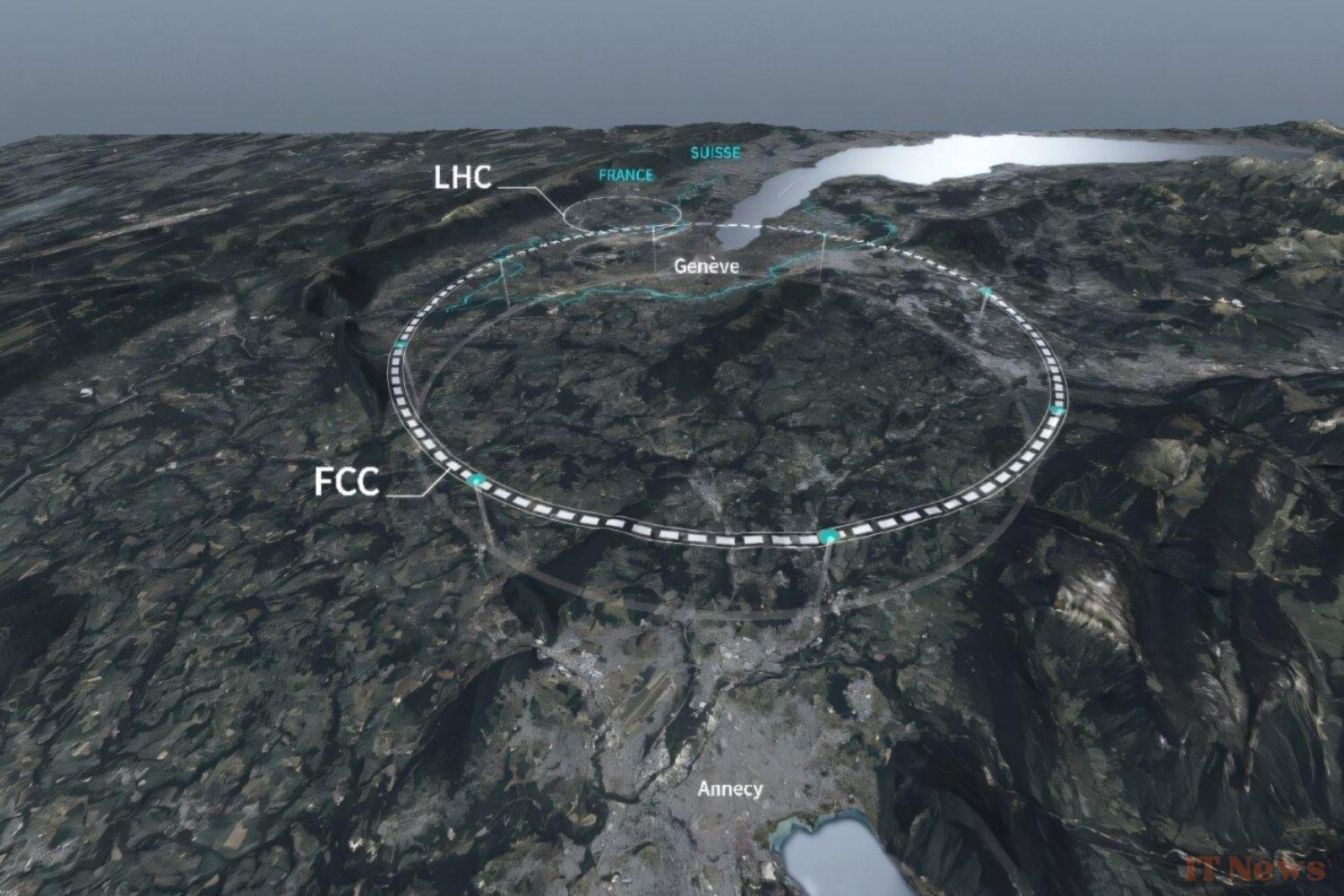In February 2024, CERN presented a particularly ambitious project: to build a new accelerator of even more exceptional proportions than its LHC, the most powerful particle collider on the planet today. An idea that did not exactly meet with unanimous approval and sparked vehement protests... but which now seems "on track" according to the institution.
If the project has encountered significant opposition, it is largely due to the pharaonic proportions of the project. CERN's plan involves digging a circular tunnel more than 90 kilometers long, straddling the French-Swiss border, at an average depth of around 200 meters.
This gigantic engineering challenge, with an estimated cost of more than 15 billion euros, is causing serious reluctance among environmental groups, who are concerned about the impact of this infrastructure on the environment. Local residents are also concerned; France Bleu cites a local farmer who is worried about seeing CERN "take 5 hectares" of his farm.
And even not all researchers seem convinced. Physicist Olivier Cepas, interviewed by AFP, for example, estimated that it would be more reasonable to focus on smaller, more reasonable projects than this accelerator with its "huge financial, ecological, and operating costs."
The project "on the right track"
But in its latest report, CERN maintains its position. For Fabiola Gianotti, director of the institution, the project is a sine qua non condition for Europe to maintain its global leadership in the field of physics. She also assured AFP that the project was now "absolutely on track," just after the publication of a feasibility study that identified "no major technical obstacles."
Good news for the other camp, the one eagerly awaiting the construction of this behemoth that could push the boundaries of fundamental physics. Indeed, the FCC's first mission will be to take a closer look at the Higgs boson, the famous "God particle" that has been (and continues to be) the subject of a fascinating scientific quest.
Higgs boson: have we overestimated the "God particle"?
This tiny object is full of implications that go far beyond pure science. Specialists suspect it is directly responsible for the mechanisms that allowed all the elementary particles that make up our Universe to acquire their mass. Without it, structured matter as we know it, the foundation on which all of chemistry and physics is built, would not exist. Its study could therefore help answer some of the most important questions in modern science, with potentially colossal benefits in many fields.
The delicate question of funding
We can therefore expect the project to continue to spark increasingly heated debates as the first concrete deadlines approach. The question of funding, in particular, risks generating significant friction — even though CERN claims to be able to cover more than 70% of the total cost. As CERN's largest contributor, Germany had expressed some reservations about the project's astronomical cost last year.
It will therefore be important to keep an eye on these debates, which will undoubtedly take a more economic, social, regulatory, and even political turn in the coming months, because the conclusions that emerge will have a very concrete impact on the future of cutting-edge scientific research in Europe.




0 Comments